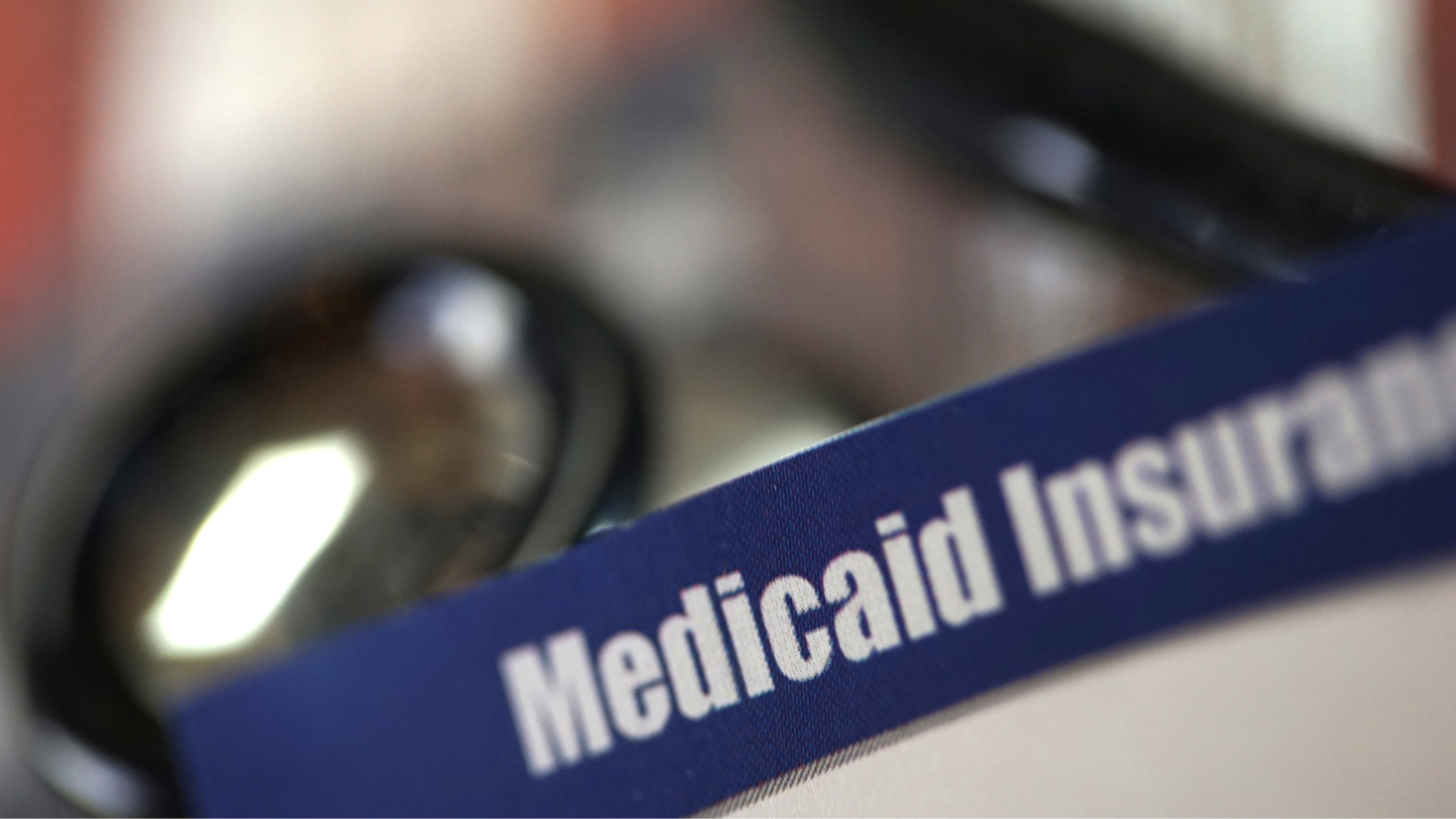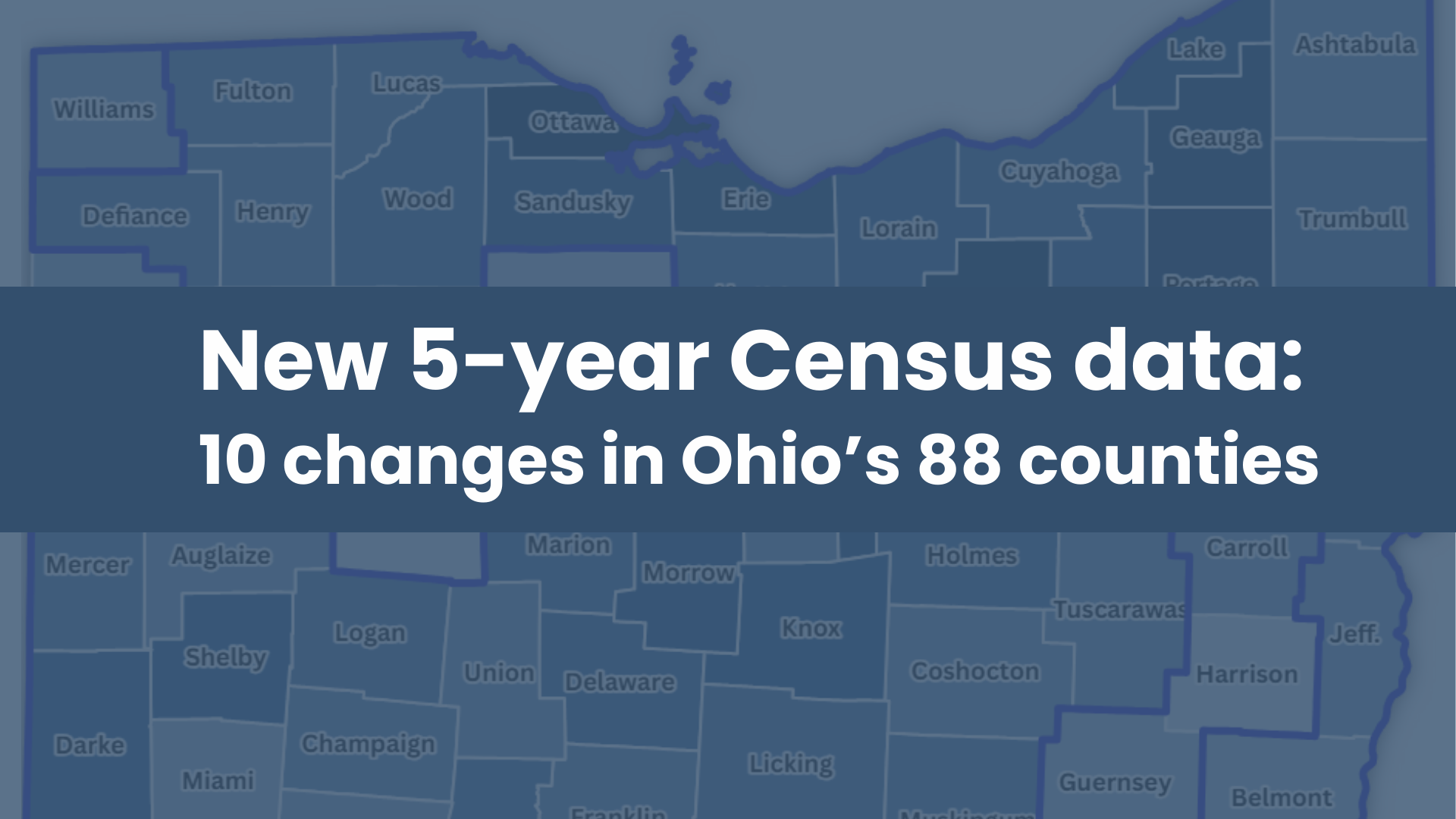This week marks the Juneteenth holiday. In honor of this important day in American history, several Community Solutions staff members have written about the history of Juneteenth, and every day this week we will share posts about the holiday, the lasting impact of slavery and what structural racism means for Black Americans to this day.
It is widely accepted that the transatlantic slave trade, the forced transportation of enslaved African people to the Americas, began sometime in the 16th century. There is evidence of enslaved Africans being part of a Spanish expedition in 1526 to establish an outpost in present-day South Carolina. While Juneteenth marked the end of centuries of forced servitude, former slaves and their descendants were never compensated for their labor, monetarily or otherwise. This means generations of Black Americans were set up for disparate health outcomes, poor generational wealth and state-sanctioned violence, among other foundations of structural racism.
While Juneteenth marked the end of centuries of forced servitude, former slaves and their descendants were never compensated for their labor, monetarily or otherwise.
While the Emancipation Proclamation and Juneteenth left southern Black Americans free, because of their economic circumstances, or lack thereof, many lived in desperate rural poverty as refugees. Since they had no money for housing, many turned to sharecropping, or renting land from former slaveowners, in exchange for work through the mid-20th century. In theory, this system would have resulted in Black Americans eventually owning the land they were working. However, laws favoring landowners and disfavoring Blacks often left families severely indebted indefinitely.
The harsh living conditions of slavery, coupled with severe abuse, left slaves victim to a range of diseases that did not impact white Americans to the same degree. Because of lack of access to adequate food, shelter, housing and health services after emancipation, the health of Black Americans barely improved, perpetuating the already instilled health disparities from slavery we still see today. As we have previously reported, COVID-19 continues to disproportionately sicken and kill Black Americans as a result of these disparities and centuries of structural racism.
Greater equity between Blacks and whites might have reduced infection transmission rates by anywhere between 31 percent to 68 percent for every person in Louisiana.
A study by Harvard Medical School researchers released earlier this year, however, suggests that if the United States had paid reparations to former slaves and/or their descendants, the risk of severe illness and death from the virus would be far lower for everyone. Researchers began by modeling the impact of structural racism on infection rates among Black and white populations in Louisiana. They then analyzed these findings to gauge how overcrowding, segregation and the wealth gap between Blacks and whites in Louisiana drove up higher infection rates. Researchers concluded that greater equity between Blacks and whites might have reduced infection transmission rates by anywhere between 31 percent to 68 percent for every person in the state.
Conclusion
Many are still learning the meaning of Juneteenth and its important history. Education and research must continue to provide the tools necessary to make sure more people know about the day’s important history. We also all must continue to try to create policies that begin to erase generations of inequalities. After all, we live in a nation where the freedom that Juneteenth represents is still evolving. The past year of challenges caught many by surprise as it revealed lingering prejudices that greatly impact Black Americans today. Juneteenth reminds us of the work that must continue, so that it’s not just a day that commemorates a celebration – but a legacy that finally does what it was intended to do.
Juneteenth reminds us of the work that must continue.
Juneteenth marks the final freedom from slavery, but continues to serve as a reminder that Black emancipation has not yet been fully realized.
Read the previous installment of our Juneteenth blog series here.


.png)




